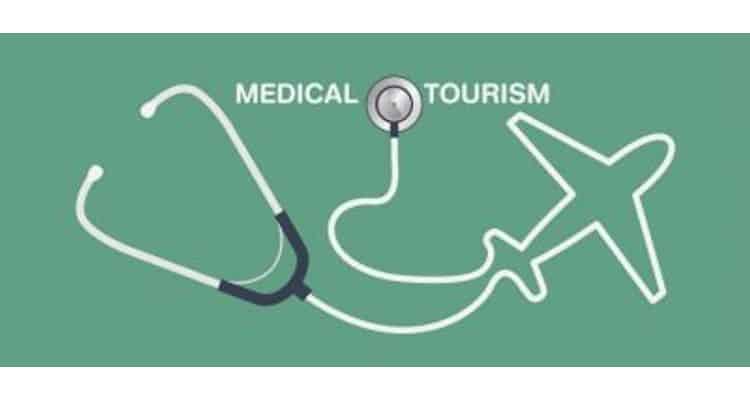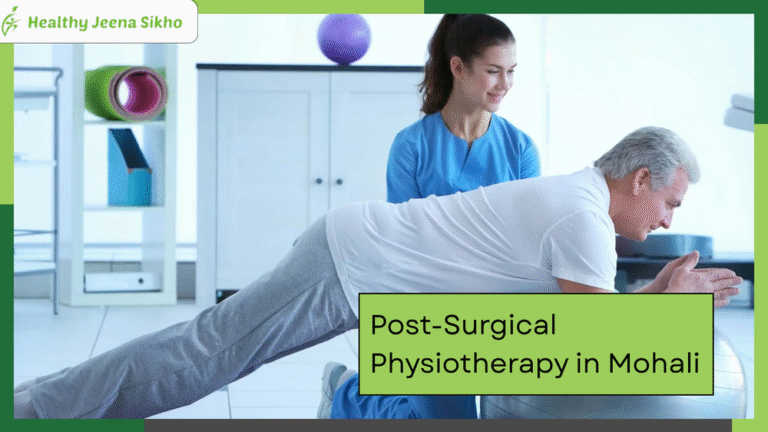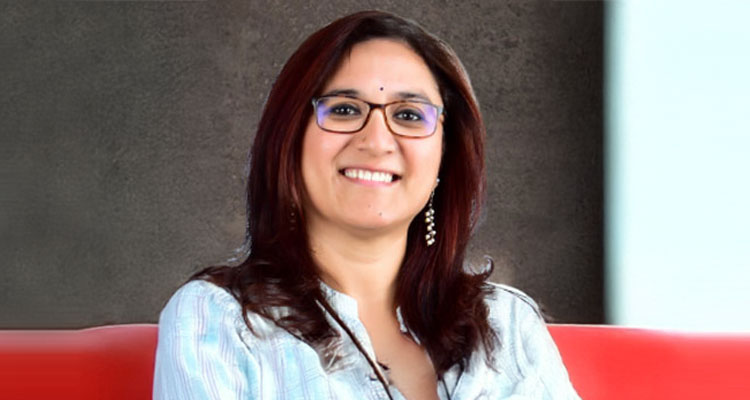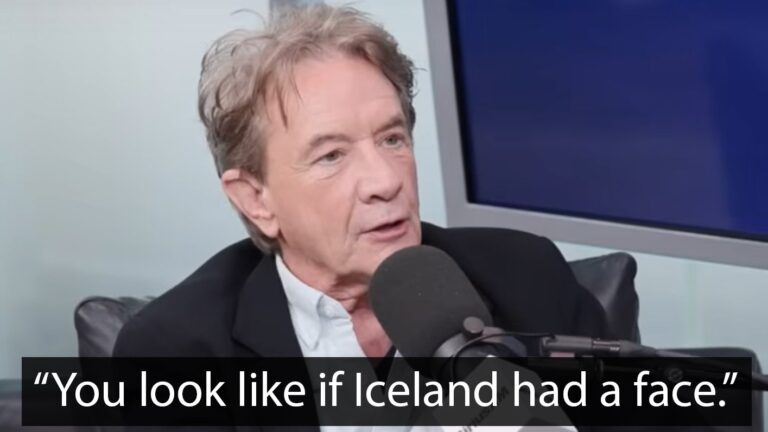

Prataprao Jadhav, Minister of State (IC), Ministry of Ayush and Minister of State, Ministry of Health and Family Welfare, announced government plans to develop a comprehensive online portal for Medical Value Travel (MVT) with an aim to improve its role as a global healthcare destination.
Speaking at FICCI’s Medical Value Travel Conference, Jadhav revealed plans for a digital ecosystem to integrate hospitals, facilitators, travel agents, hotels, translators, and support services on a single platform to enhance patient experience.
The government strategy includes expanding healthcare ecosystems beyond metropolitan cities into tier-2 and tier-3 regions, while strengthening collaboration with private players to enhance end-to-end services, including treatment coordination, travel arrangements, and post-treatment care.
Speaking on occasion, Dr Vinod K Paul, NITI Aayog member, emphasised how deregulation is pervading through the narrative and called for industry suggestions on reducing compliance burdens for healthcare facilities. “We are systematically looking at how compliance burden for creation of facilities in cities, in towns, and in Tier 3 cities can be reduced,” said Dr Paul, urging stakeholders to guide this process.
Paul stressed that visa facilitation was “a very critical enabler” while emphasising the need for transparency and trust-building. On telemedicine, Dr Paul highlighted legal challenges and added, “When I give advice to a patient in Ethiopia or Nepal or Finland, what is my liability? India should lead this discussion. We are the superpower in telemedicine.”
He also advocated for government-to-government arrangements, assuring a boost of confidence to both sides, and called for enhancing the culture of accreditation and standards to demonstrate quality to international patients.
“India’s MVT market reached $7.69 billion in 2024 and is projected to exceed $ 14.31 billion by 2029. The country currently commands 18 per cent of the global MVT market and ranks tenth globally in the Medical Value Travel Index,” he explained.
Vaidya Rajesh Kotecha, Secretary, Ministry of Ayush, advocated for expanding the scope of medical value travel to include India’s traditional medicine systems and supported the development of a clinical medical travel circuit similar to existing tourism circuits.
“The AYUSH sector in India, including medical value travel, is worth nearly $30 billion, with the entire sector including products and services reaching $55 billion,” said Kotecha, citing a recent study by Research and Information System for Developing Countries (RIS).
Noting that India ranks seventh globally in medical value travel but 20th in wellness tourism, Kotecha pointed out, “Globally, medical travel is growing at the rate of 10.8 per cent, but we are much behind. We need to think about how to leverage the opportunity.”
Mugdha Sinha, Director General, Ministry of Tourism, revealed that medical tourism has remained steady at about 6 per cent of total foreign tourist arrivals, with 644,000 visitors travelling on e-medical and e-AYUSH visas from 20 countries. “People from the developed world come to India for waitless access to specialists and super-specialists, while those from developing countries come for affordability,” she explained.
She called for improvements to the e-visa system, noting that while purpose-based visas for medical travel and AYUSH are available to 174 countries, “The entire process of applying for a visa on the AYUSH portal needs to be seamless, expeditious and overhauled in a systematic manner,” she said.
Sinha emphasised the need to leverage India’s IT prowess to build a more efficient, encrypted, integrated and multilingual platform for stakeholders, while also addressing privacy concerns to protect patients from all kinds of cyber frauds and misuse of their sensitive data.
Dr Upasana Arora, Chair, FICCI’s Medical Value Travel Committee, and Managing Director, Yashoda Super Speciality Hospitals, highlighted India’s holistic approach to healthcare. “India is known for holistic healing. We are not providing only modern science but also different traditional systems like Unani and Ayurveda,” Arora said.
Dr Raajiv Singhal, Co-Chair FICCI MVT Committee and Founding Member, Managing Director & CEO, Marengo Asia Hospitals, emphasised that India’s approach to medical value travel is evolving beyond patient acquisition to building international partnerships. “We are looking at partnerships under the concept of clinical corridors where we can teach, train and treat people from various countries,” said Singhal.
The NITI Aayog-FICCI-EY report: Healing Ecosystems: Establishing Medical Hubs in India was released on occasion.






